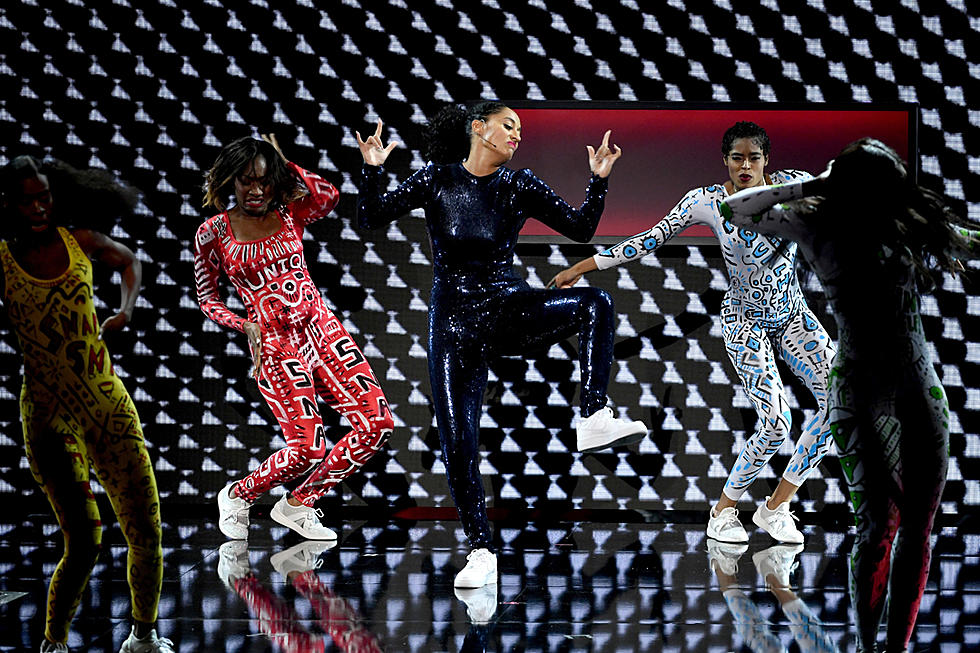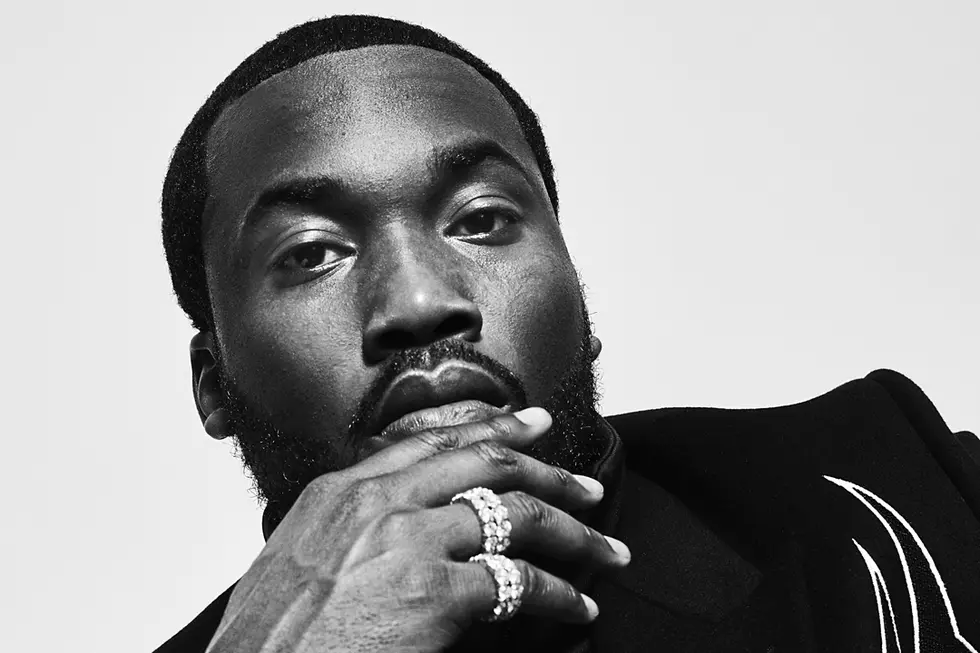Four Reasons Why ‘12 Years A Slave’ Will Blow You Away
It seems as though slave and post-slavery narratives are the new wave in Hollywood. With films like The Help, The Butler and Django Unchained, more and more flicks about racism and the life of Black Americans are making their way to the big screen. Much like the aforementioned, Steve McQueen’s 12 Years A Slave tackles America’s ugliest offense. Based on a true story and autobiography, it follows the experience of Solomon Northup (played by British actor Chiwetel Ejiofor), a free-born African American in New York, who was drugged and sold into slavery in Louisiana. Ripped away from his wife and two children, Northup struggles to survive the unimaginable.
The film, which is already getting Oscar buzz, got the entire country running in droves to the theaters, so we thought what better way to review it than to give you four essential reasons why 12 Years A Slave will blow you away.
Perfect Casting: Chiwetel Ejiofor does a phenomenal job in his portrayal of Solomon Northup, especially considering his real-life London accent. His American accent in the film is spot on. Ejiofor completely throws himself into the character, whom is both distraught and resilient despite his horrific circumstances. In moments where Solomon is feeling the most emotional and physical torment, the actor makes every moment feel as real as you can possibly imagine. It’s no wonder why his name is being passed around for a Best Actor nomination (and even possible win) at the upcoming Academy Awards.
But Ejiofor wasn’t the only star. Lupita Nyong’o, who plays Patsey, one of the slaves on the plantation along with Ejiofor, nearly steals the spotlight from the main character. Patsey undergoes nauseating occurrences from rape to ultimate physical abuse. It is in those moments where Nyong’o’s world-class performance is most captivating. She brings a high-level of artistry into her most grotesque scenes, which will undoubtedly lead her to a promising career, and maybe even an Oscar herself. The camera loves her and so does the audience.
Directing Style: Steve McQueen brilliantly executes the film with very deliberate and fine direction. The director uses impressive minimalism in the film to take the viewer from one scene to the next. McQueen masterfully moves the story with meticulously compact scenes. Because of this, the viewer is able to follow the narrative without getting too bored, all the while the narrative itself is not compromised. In the beginning of the film, for example, McQueens wastes no time in leading up to Solomon’s inevitable kidnapping. Where most directors would have probably taken the opportunity to show more of Solomon’s life as a free man, McQueen chooses to limit the family’s interaction to as little as possible. It pays off well at the end of the film, where Solomon is reunited with his wife and adult children. As a viewer you’re able to be right there in the moment with Solomon as he is re-introduced to his family, and in many regards, to complete strangers, as his children are no longer children anymore.
Superb Writing: The script is written with outstanding poeticism and sophistication. The screenwriter, John Ridley, truly captures the language of the time. Even more impressive was Solomon’s script, in particular. The back and forth between Solomon’s intellectualism and attempt to downplay his intelligence, in fear of his slavemaster finding out that he can read and write, is superb. In many parts of the film, it is the words itself—and not the visual action—that triggers some of the most visceral responses. “I apologize for my appearance, but I’ve had a hard time these past several years,” Solomon says to his family upon his return after 12 years in slavery. A line so simple becomes the most chilling and poignant line of the entire film, as it is loaded with the complexities of what Solomon had truly endured.
No Holds Barred: By the end of the film, you’ll either be one of two things: really sad or mad as hell—or maybe even a combination of both. The film goes there. Lynching, whipping, rape, you name it. Much like most reactions to Alex Haley’s Roots, 12 Years A Slave leaves you terribly disheartened. During some of its most grotesque scenes, you almost don’t want to look. But then again, sometimes the truth hurts.—Gerren Keith Gaynor (@MRGERRENALIST)
XXL Rating: XXL
More From XXL









